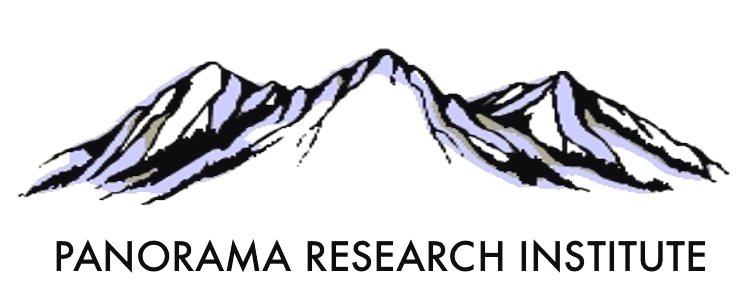Modulation of cGAS-STING Pathway by Nicotinamide Riboside in Alzheimer's Disease
Abstract
Numerous studies demonstrate a global decrease in nicotinamide adenine dinucleotide (NAD+) with aging. This decline is associated with the development of several of the hallmarks of aging such as reduced mitophagy and neuroinflammation, processes thought to play a significant role in the progression of Alzheimer's disease (AD). Augmentation of NAD+ by oral administration of a precursor, nicotinamide riboside (NR), reduces senescence of affected cells, attenuates DNA damage and neuroinflammation in the transgenic APP/PS1 murine model of AD. Inflammation mediated by microglial cells plays an important role in progression of AD and other neurodegenerative diseases. The cytoplasmic DNA sensor, cyclic GMP-AMP synthase (cGAS) and downstream stimulator of interferon genes (STING), generates an interferon signature characteristic of senescence and inflammaging in the brain of AD mice. Elevated cGAS-STING observed in the AD mouse brains and human AD fibroblasts was normalized by NR. This intervention also increased mitophagy with improved cognition and behavior in the APP/PS1 mice. These studies suggest that modulation of the cGAS-STING pathway may benefit AD patients and possibly other disorders characterized by compromised mitophagy and excessive neuroinflammation.
Keywords: Alzheimer's disease; NAD; cGAS/STING; inflammation; nicotinamide riboside.
